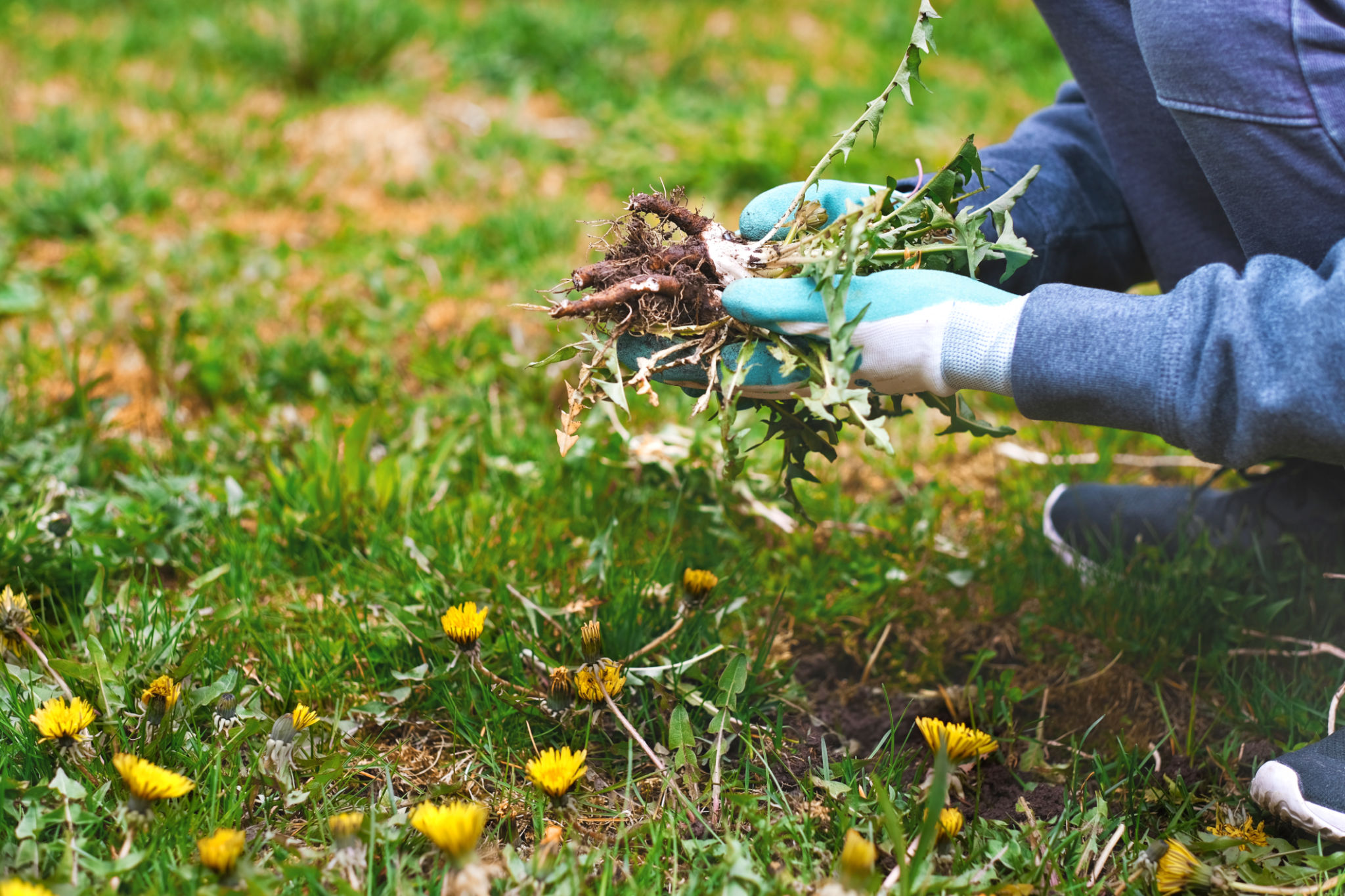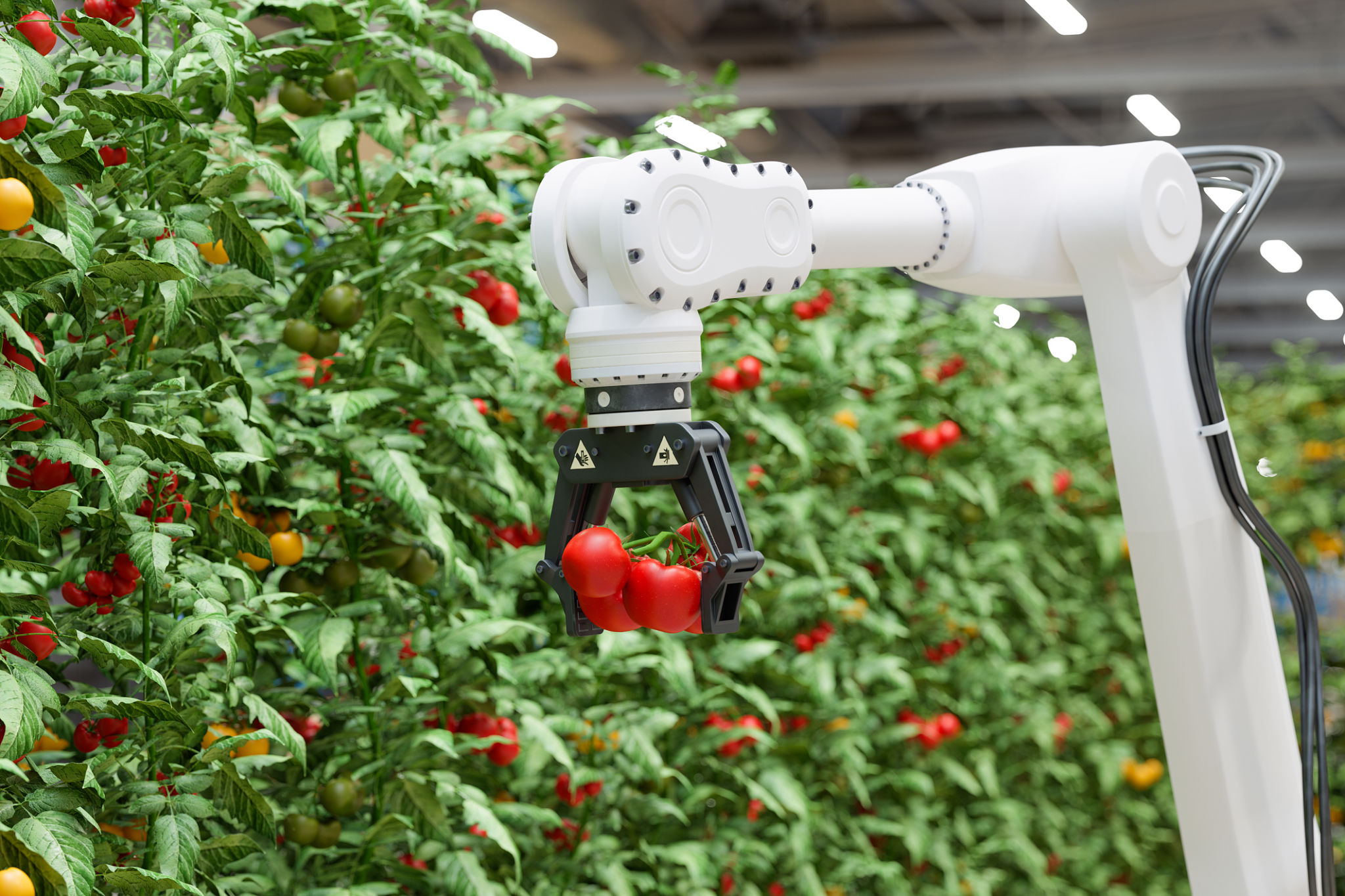Innovative Trends in Weed Control: What Farmers Need to Know
Understanding the Need for Innovation in Weed Control
The agricultural industry is constantly evolving, and with it, the methods for managing and controlling weeds. Weeds are not just a nuisance; they can significantly impact crop yields and farm profitability. As the global population increases, the demand for food production rises, making effective weed control more important than ever. Farmers need to stay ahead of these challenges by embracing innovative trends in weed management.

Precision Agriculture: A Game Changer
One of the most significant advancements in weed control is the adoption of precision agriculture. This approach uses technology such as GPS and drones to monitor fields and identify areas with high concentrations of weeds. By targeting these specific areas, farmers can apply herbicides more efficiently, reducing overall chemical use and minimizing environmental impact.
Precision agriculture not only helps in weed control but also optimizes the entire farming process. It allows farmers to collect detailed data on their crops, which can be used to improve planting strategies and crop rotation schedules.
Biological Weed Control: Harnessing Nature
Another innovative trend in weed control is the use of biological methods. This involves employing natural predators or competitors to manage weed populations. For example, certain insects or fungi can be introduced to fields where they naturally suppress weed growth without harming crops.

Biological control methods are an environmentally friendly alternative to chemical herbicides. They help maintain biodiversity and soil health, making them a sustainable choice for long-term weed management.
Robotics and Automation: The Future of Farming
Robotics and automation are making their way into agriculture, offering new solutions for weed control. Automated machines equipped with sensors can detect and remove weeds with precision. These robots can operate continuously, even in challenging weather conditions, ensuring that weeds are managed promptly.
The integration of robotics in farming not only enhances efficiency but also reduces labor costs. This technology is particularly beneficial for large-scale operations where manual weeding would be time-consuming and costly.

Integrated Weed Management: Combining Strategies
Integrated Weed Management (IWM) is a holistic approach that combines multiple strategies for optimal weed control. It involves using a combination of cultural, mechanical, biological, and chemical methods to manage weed populations effectively.
By diversifying their approach, farmers can reduce their reliance on any single method, which minimizes the risk of weeds developing resistance to herbicides. IWM promotes sustainability and ensures long-term success in weed management.
Conclusion: Adapting to Change
Farmers must adapt to the ever-changing landscape of agriculture by embracing innovative trends in weed control. From precision agriculture to robotics, these advancements offer effective solutions to combat weeds while promoting sustainability. By staying informed and open to new technologies, farmers can improve their practices and ensure a successful future in farming.